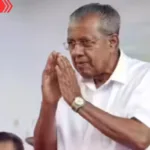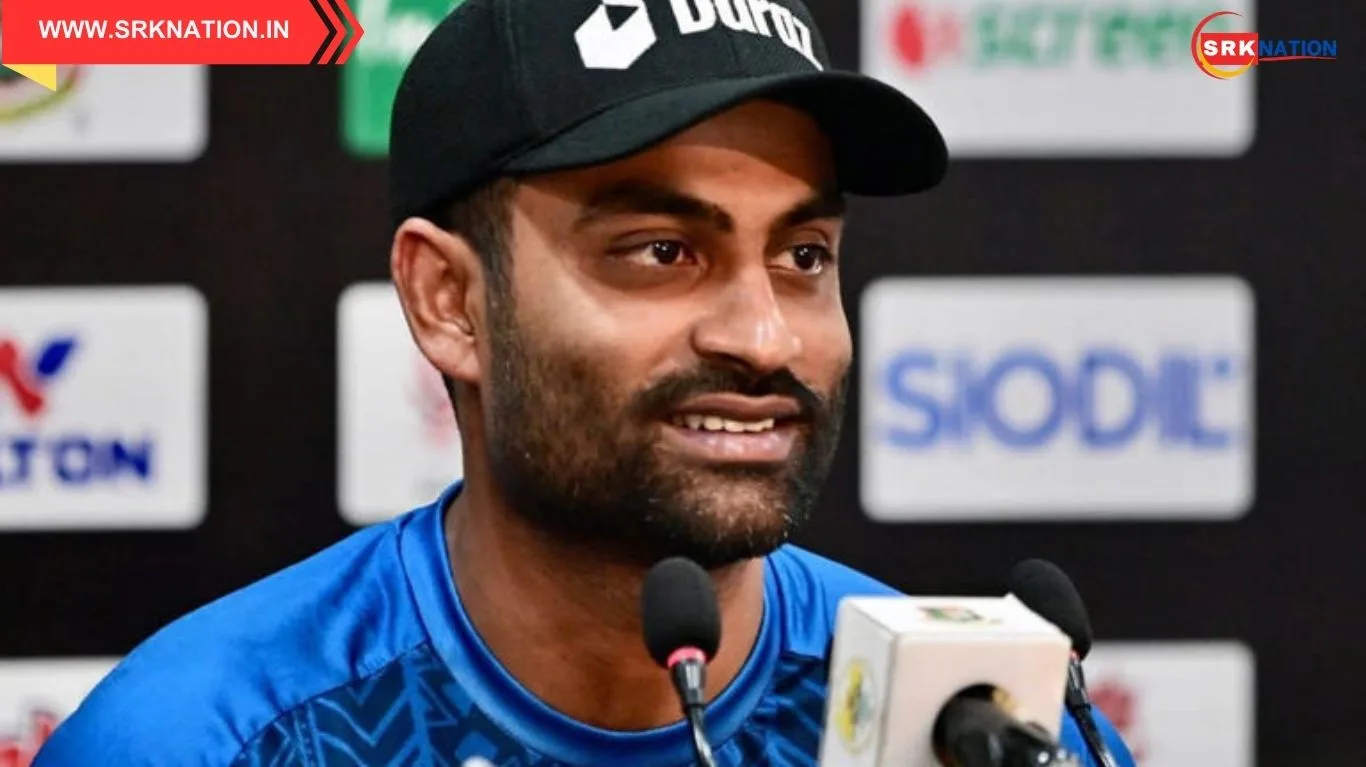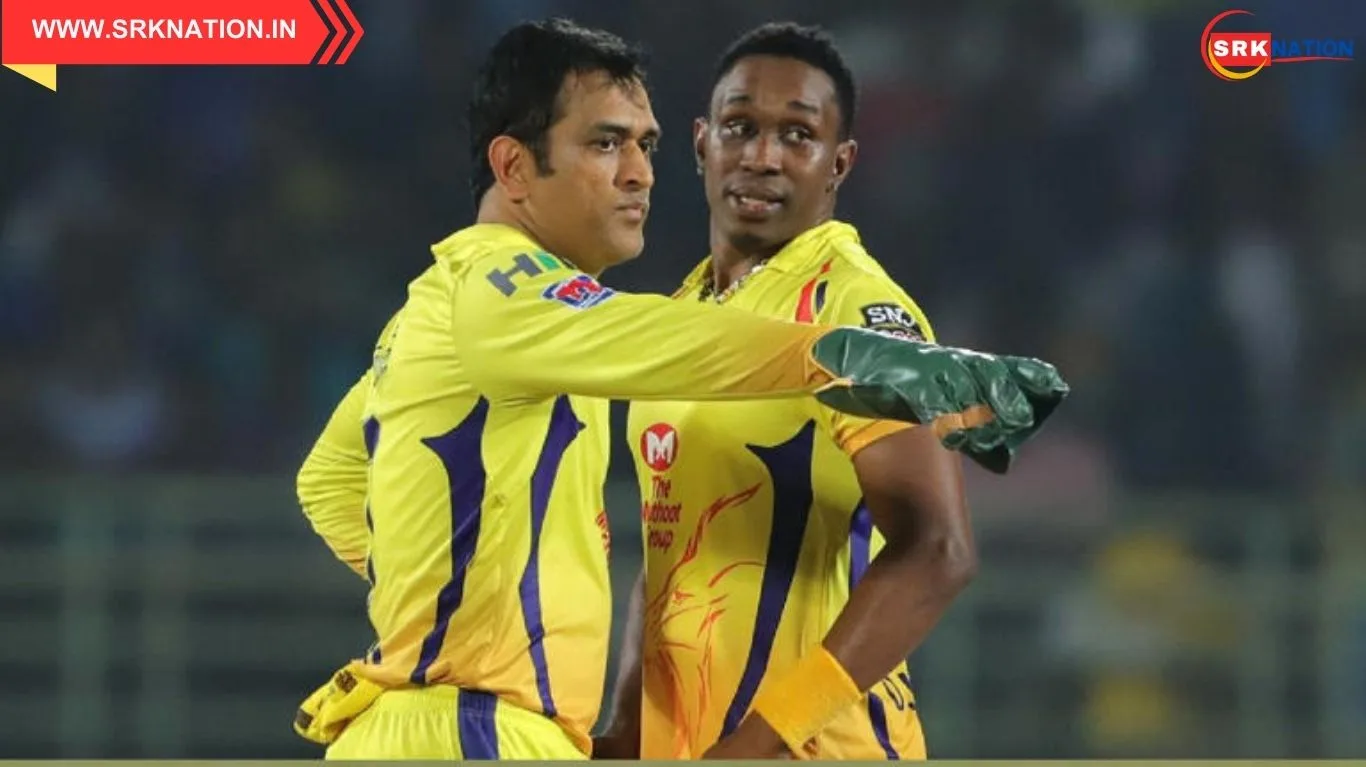The chess world has always been fascinated by the meticulous and often secretive preparation methods used by Magnus Carlsen, the Norwegian Grandmaster who dominated the World Chess Championship scene for over a decade. Now, Russian Grandmaster Daniil Dubov, a former member of Carlsen’s training team, has revealed one particularly intriguing tool used in the champion’s preparations—something he calls the “Idiot Test.”
Dubov’s Revelation: A Test of Focus, Not Intelligence
Speaking at a chess seminar, Dubov explained that the “Idiot Test” was not a measure of a player’s intellectual ability, but rather a stress-test for decision-making under extreme psychological pressure.
“The name might sound funny, but the idea is serious. It’s about checking whether a player can maintain focus when everything around them is designed to cause confusion,” Dubov said.
The method involves creating chess scenarios with deliberately unclear, deceptive, or messy positions and forcing the player to find the best move without overthinking minor distractions.
How the ‘Idiot Test’ Works in Chess Training
The concept is built on the idea that during high-stakes games—especially in World Championship matches—players face unexpected psychological hurdles: clock pressure, noisy environments, tricky opponent bluffs, and self-doubt after a mistake.
The “Idiot Test” simulates such conditions by:
- Introducing noise and distractions – background chatter, random questions, even mild provocations.
- Using strange and non-standard chess positions – setups that look bad but are actually winning, or vice versa.
- Time restrictions – forcing decisions in 30 seconds or less.
- Inserting deliberate traps – moves that appear strong but lead to immediate tactical disaster.
| Training Element | Purpose in ‘Idiot Test’ |
|---|---|
| Noisy environment | Builds resilience to crowd noise or event distractions |
| Strange positions | Trains adaptability and resourcefulness |
| Blitz time control | Improves speed of calculation under pressure |
| Psychological traps | Enhances awareness and reduces blunders |
Carlsen’s Mental Edge: Why This Matters in World Championships
Magnus Carlsen is known for his unshakeable mental fortitude, often outlasting opponents in long, grind-like endgames. Dubov revealed that the “Idiot Test” helped Carlsen remain calm in chaos, a skill that proved invaluable against rivals like Fabiano Caruana (2018) and Ian Nepomniachtchi (2021).
“In a World Championship match, you can’t avoid messy positions. The champion is the one who stays sane when the position isn’t,” Dubov remarked.
This mental training not only prepared Carlsen to spot tactical nuances in complex positions but also made him comfortable making pragmatic decisions—choosing practical, human moves over computer-perfect but risky continuations.
Dubov’s Perspective: Not Just for Carlsen
While the “Idiot Test” became famous through Carlsen’s preparation, Dubov believes it can help any chess player. He suggests that club-level players can apply a lighter version by:
- Playing blitz games with distractions (e.g., music, noise, small talk).
- Setting up puzzles from unusual middlegame positions rather than standard tactical drills.
- Practicing quick evaluations without calculating every line in depth.
| Player Level | ‘Idiot Test’ Modification |
|---|---|
| Beginner | Solve puzzles with mild time pressure |
| Intermediate | Play rapid games with noisy background |
| Advanced | Analyze complex positions under blitz time |
Carlsen’s Preparation Philosophy
Carlsen’s training regime, as revealed by his seconds over the years, mixes rigorous engine-assisted analysis with creative and psychological preparation. The “Idiot Test” fits perfectly into his philosophy of being prepared not just for the opening but for the entire game experience.
Key aspects of Carlsen’s preparation include:
- Endurance training – playing hours-long practice matches.
- Varied opening repertoire – avoiding predictable preparation.
- Mental conditioning – using sports psychology techniques.
- Situational adaptability – being ready for any type of position.
Other Champions Who Used Psychological Training
Carlsen is not the only world-class player to adopt such unusual preparation methods.
| Player | Unique Mental Training Method |
|---|---|
| Bobby Fischer | Played against multiple opponents simultaneously blindfolded |
| Garry Kasparov | Trained with distraction noises and flashing lights |
| Vishy Anand | Practiced with deliberately “bad” openings to improve defense |
| Magnus Carlsen | Used the “Idiot Test” for chaos resilience |
Why the Name?
Dubov admits the name “Idiot Test” was partly an inside joke within the team—if a player failed under the simplest provocation, they’d jokingly say, “Don’t be an idiot!” But the concept remained serious and results-oriented.
“It’s about removing ego and comfort. In championship chess, the board doesn’t care if you’re Magnus Carlsen—you can still blunder in one move if you lose focus,” Dubov explained.
Lessons for Everyday Chess Players
The takeaway from Carlsen’s “Idiot Test” is clear: mental resilience is as important as raw calculation. Even amateur players can benefit from:
- Practicing decision-making under discomfort.
- Learning to trust intuition when time is short.
- Staying composed after mistakes instead of panicking.
These skills not only improve chess performance but also mirror real-life decision-making under pressure.
The Bigger Picture: Chess as a Mental Sport
With chess gaining more visibility thanks to streaming platforms and popular series like The Queen’s Gambit, psychological aspects of the game are finally being discussed openly. Dubov’s revelation adds another layer to understanding why Carlsen has been such a dominant force.
It also reinforces the idea that chess training is evolving—moving beyond pure opening theory into areas like sports psychology, emotional control, and adaptability training.
President Murmu recently praised India’s young chess stars for their mental discipline—methods like the “Idiot Test” could very well be adapted by Indian Grandmasters looking to climb the world rankings. As the game becomes faster and more dynamic, the ability to remain calm in chaos may define the champions of tomorrow.
Disclaimer: This article is based on publicly available interviews, training anecdotes, and chess expert commentary. It is intended for informational purposes and should not be taken as an official account of Carlsen’s full preparation methods.











